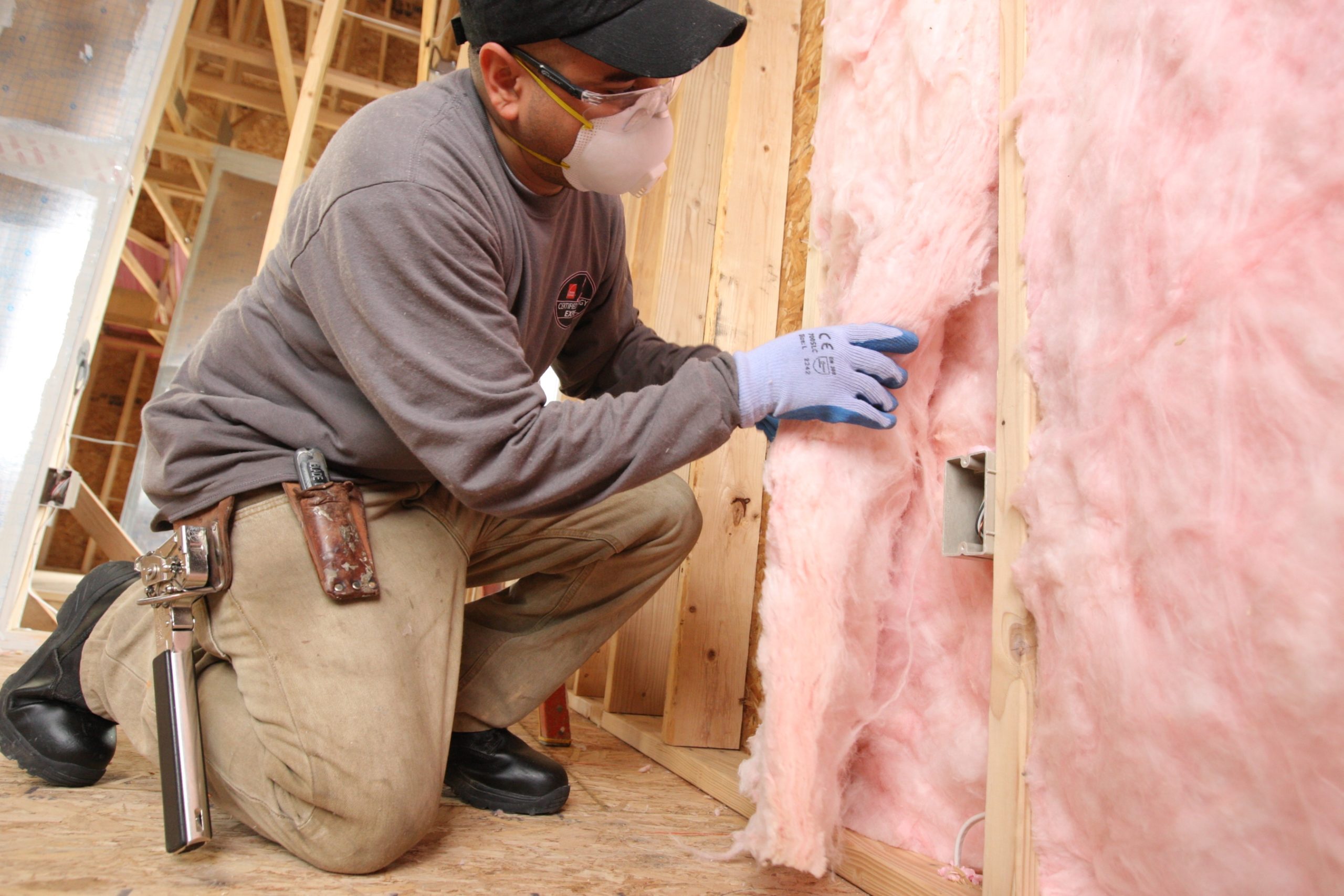As a trusted source of information, we believe that it is our responsibility to address some of the common myths surrounding fiberglass insulation. This way, we can help individuals and organizations make informed decisions when it comes to choosing insulation materials for their homes and businesses.
Contents
Fiberglass insulation causes respiratory problems
One of the most common myths about fiberglass insulation is that it causes respiratory problems. This myth has been around for decades, and it has no scientific basis. In fact, fiberglass insulation is one of the most widely used and thoroughly tested insulation materials in the world.
Fiberglass insulation is made from tiny fibers of glass, which are spun into wool-like fibers. These fibers are then used to make a variety of products, including insulation. Because of their small size, these fibers are unlikely to cause respiratory problems, even when inhaled. In addition, fiberglass insulation is treated with a variety of chemicals that help to bind the fibers together, further reducing the risk of respiratory problems.

Fiberglass insulation is not environmentally friendly
Another common myth about fiberglass insulation is that it is not environmentally friendly. This myth is based on the fact that fiberglass insulation is made from glass, which is not a renewable resource. However, what most people don’t realize is that fiberglass insulation is actually one of the most environmentally friendly insulation materials available.
Firstly, fiberglass insulation is made from recycled glass, which means that it is not only environmentally friendly, but also helps to reduce waste. Secondly, fiberglass insulation is energy efficient, which means that it helps to reduce the amount of energy needed to heat and cool buildings. Finally, fiberglass insulation is long-lasting, which means that it does not need to be replaced as often as other insulation materials.
Fiberglass insulation is not as effective as other insulation materials
Another common myth about fiberglass insulation is that it is not as effective as other insulation materials. This myth is based on the fact that fiberglass insulation has a lower R-value than some other insulation materials, such as spray foam insulation.
However, what most people don’t realize is that R-value is just one factor to consider when choosing insulation materials. Other factors, such as cost, ease of installation, and environmental impact, are also important. In addition, fiberglass insulation can be installed to any R-value required, making it a versatile and effective insulation material.
Fiberglass insulation is difficult to install
Another common myth about fiberglass insulation is that it is difficult to install. While it is true that fiberglass insulation requires a certain level of skill to install properly, it is not as difficult as some people think.
In fact, fiberglass insulation can be installed in a variety of ways, including by hand, by blowing it into cavities, or by using a special machine. In addition, many insulation contractors are trained and certified to install fiberglass insulation, making the installation process quick, easy, and hassle-free.
Fiberglass insulation is not safe for use in homes and businesses
Finally, one of the most persistent myths about fiberglass insulation is that it is not safe for use in homes and businesses. This myth is based on the fact that fiberglass insulation is made from glass, which is a sharp and potentially dangerous material.
However, what most people don’t realize is that fiberglass insulation is treated with a variety of chemicals that help to bind the fibers together, making it safe for use in homes and businesses. In addition, fiberglass insulation is non-flammable, which means that it does not pose a fire hazard.
Conclusion
Fiberglass insulation is a safe, effective, and environmentally friendly insulation material that has been thoroughly tested and proven to be effective in a wide range of applications.




[…] Investment: While the upfront cost of spray foam insulation may be slightly higher than other insulation options, it offers long-term cost savings. With […]
[…] Comfort: Better insulation means a more comfortable indoor environment, […]